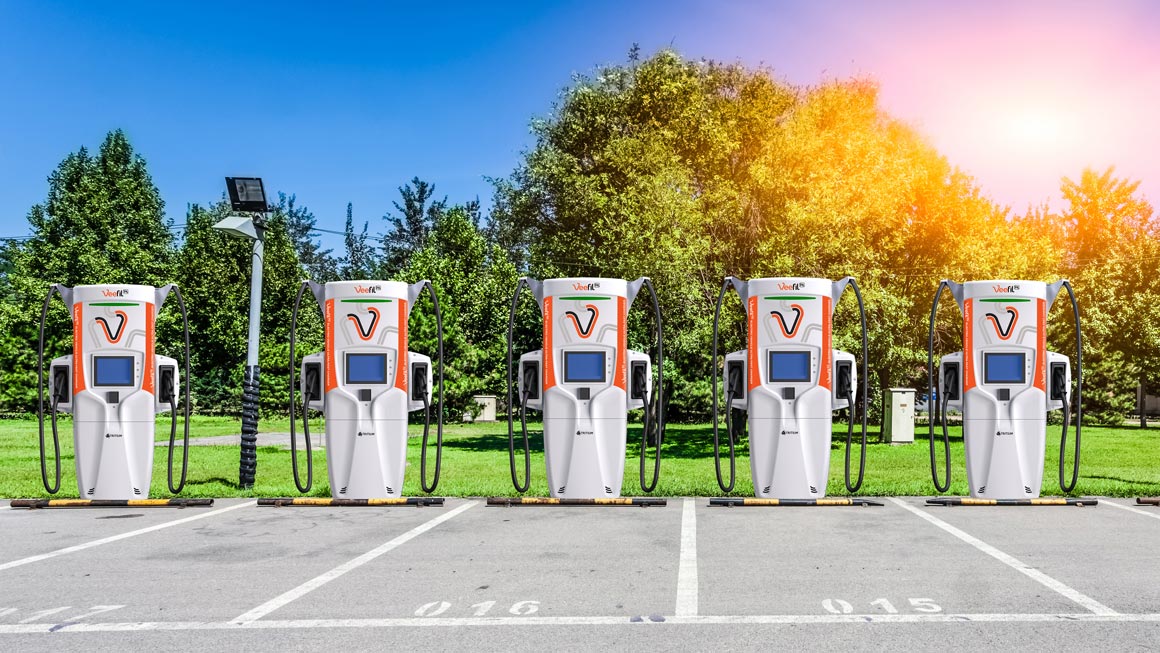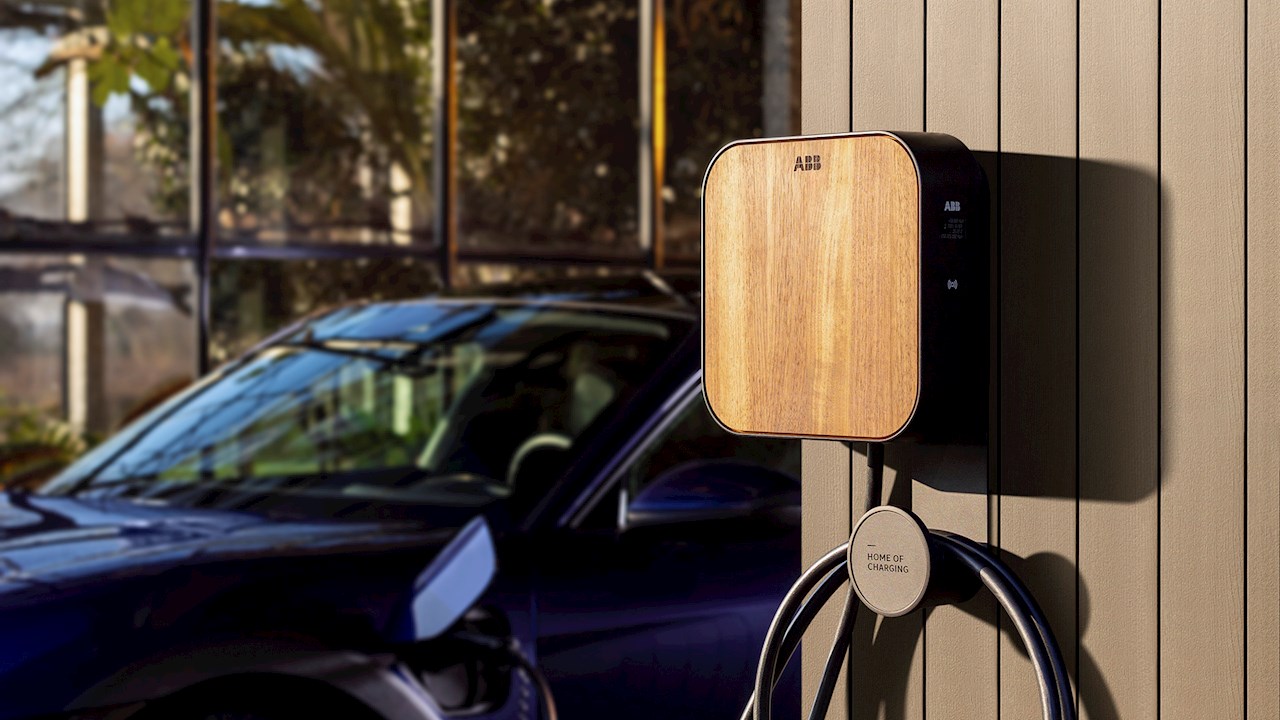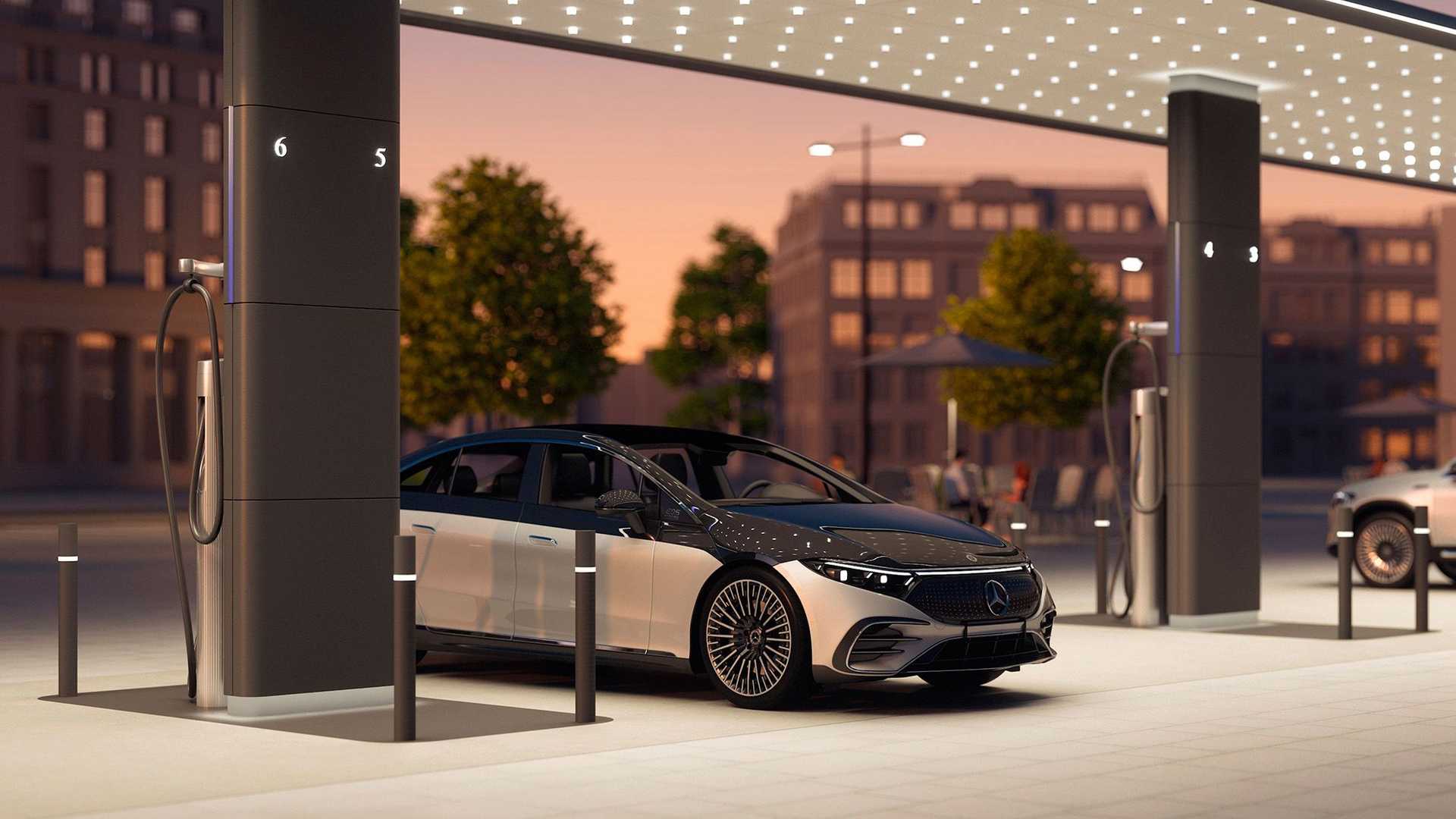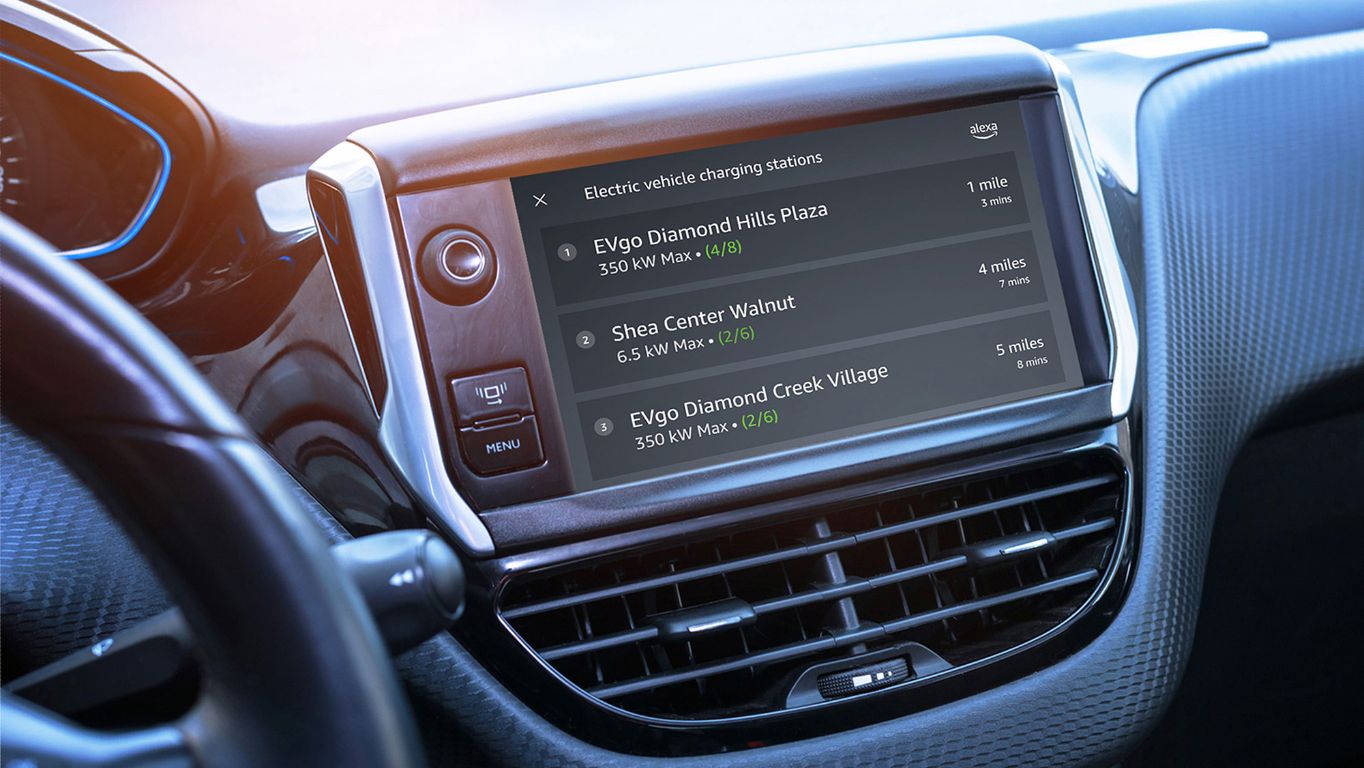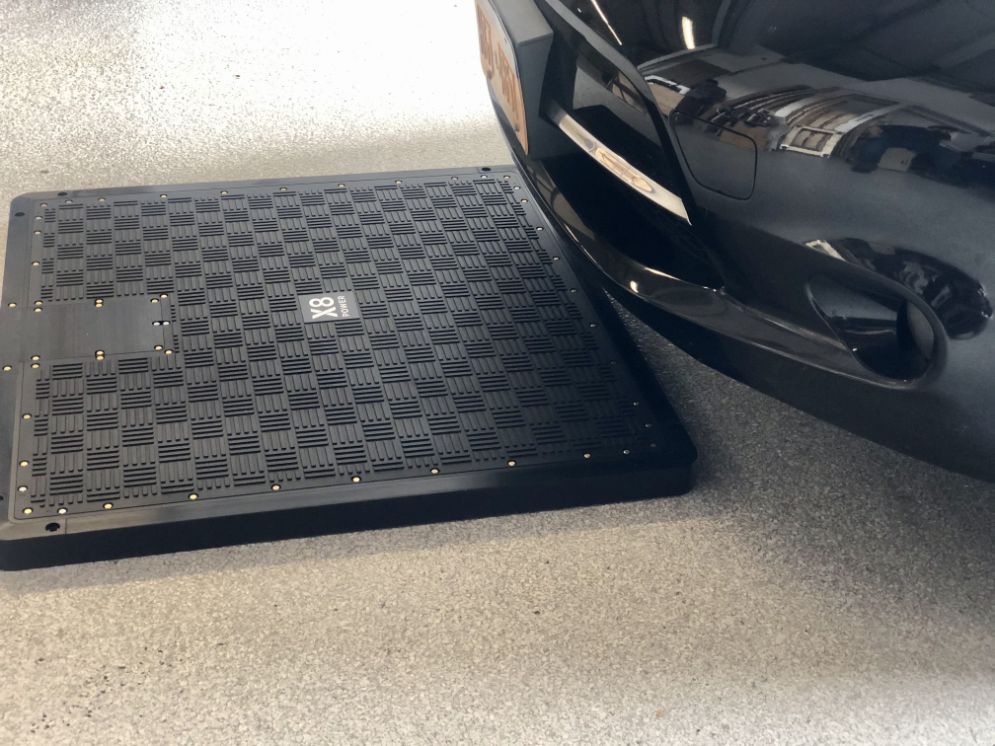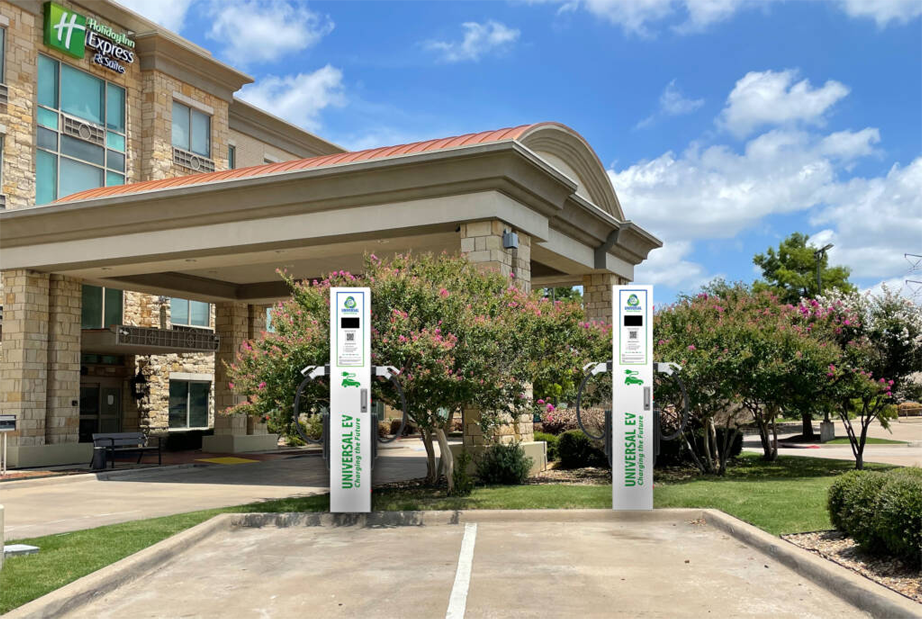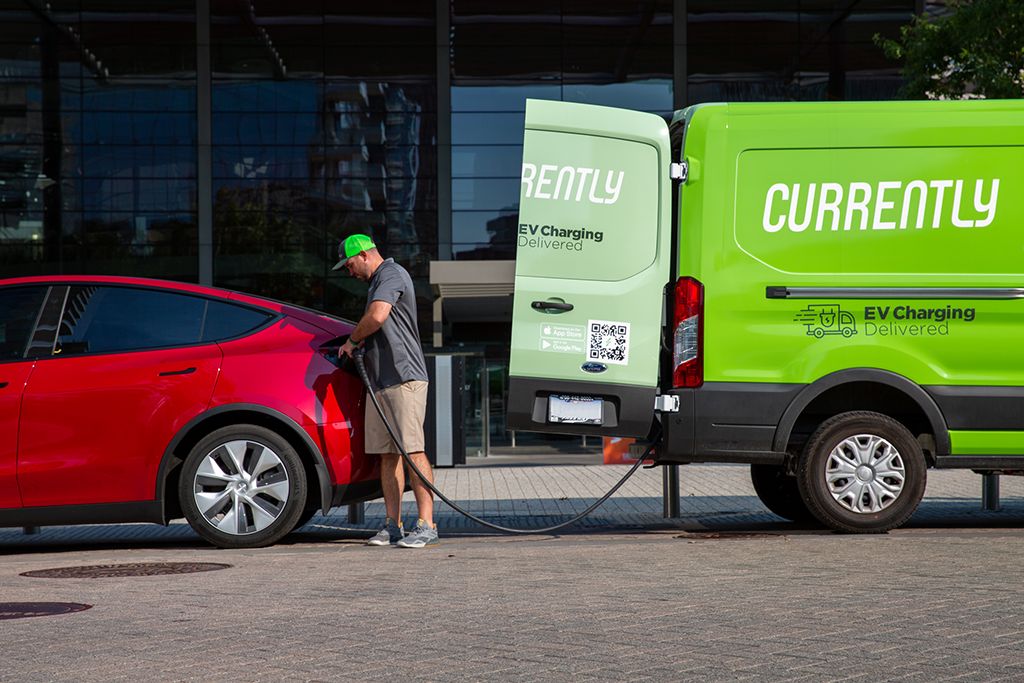The Japanese government is looking to ease safety regulations for high-power charging stations (HPCs) with more than 200 kW of power in order to make their installation more cost-effective.
The Fire and Disaster Management Agency of Japan, which is responsible for regulating electric vehicle charging, plans to modify the regulations by the end of 2023.
The changes will put HPCs on equal footing with DC charging stations that have a power range of 50-200 kW, in an effort to promote their expansion.
Currently, HPCs with over 200 kW are treated like electrical substations and must meet strict requirements, such as being located in areas with walls and ceilings made of non-combustible material and only allowing certain individuals to operate them. Charging stations with 50-200 kW, on the other hand, only have to follow safety measures and maintain a minimum distance from buildings.
According to Nikkei, the cost to install a charging station with a power of over 200 kW is currently in the tens of millions of yen, or approximately 72,220 euros. Operating such a charging station can also cost millions of yen annually.
The report does not mention how the proposed new regulation will affect these costs. However, the energy industry is optimistic that the changes will help lower installation and operation costs, making it easier for fast-charging stations to be more widely available. By 2030, Japan plans to have 150,000 charging stations, including 30,000 fast chargers, nationwide.
Despite some subsidies, Japan has lagged behind in the market growth of electric cars, with a new registration share of only two percent in November 2022. One factor that may be contributing to this is the limited availability of public charging stations; according to the International Energy Agency, there were approximately 29,000 public charging stations in Japan in 2021, compared to 107,000 in South Korea, which has a smaller population.

